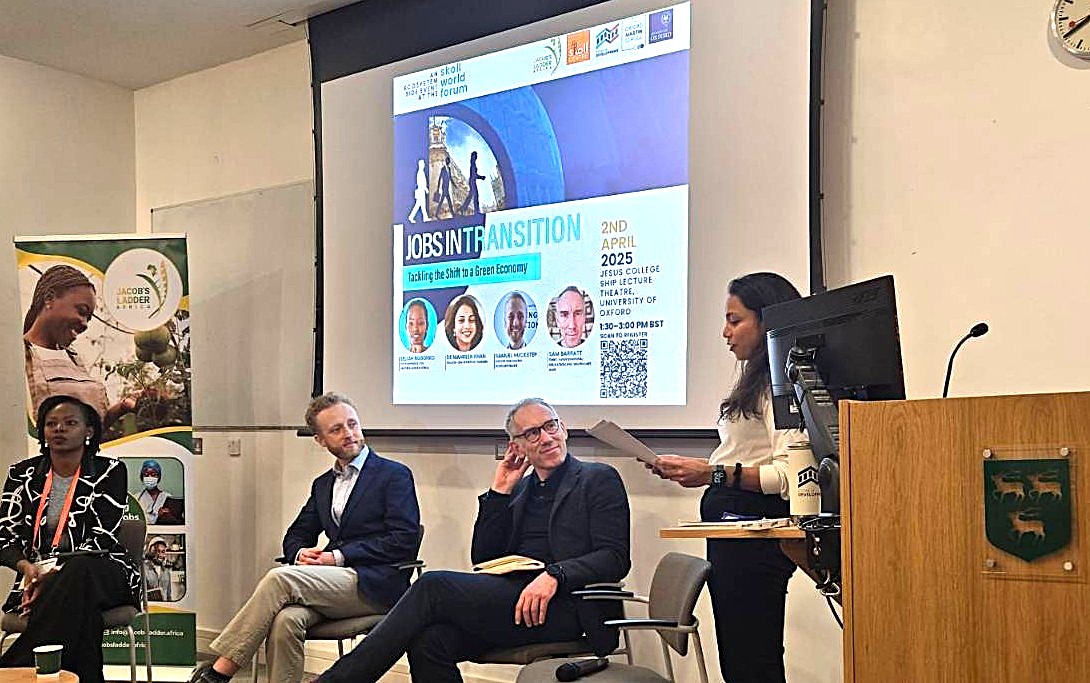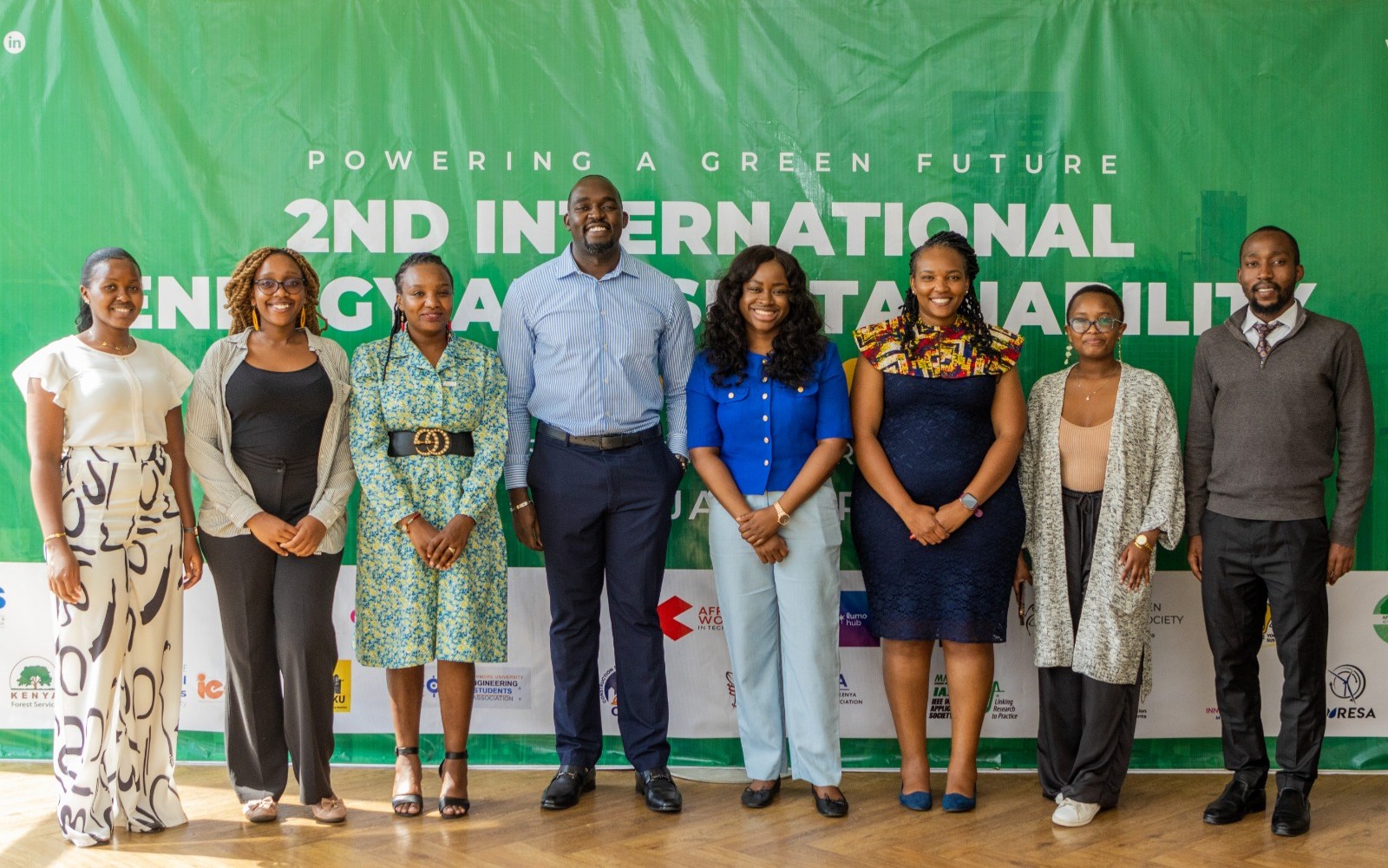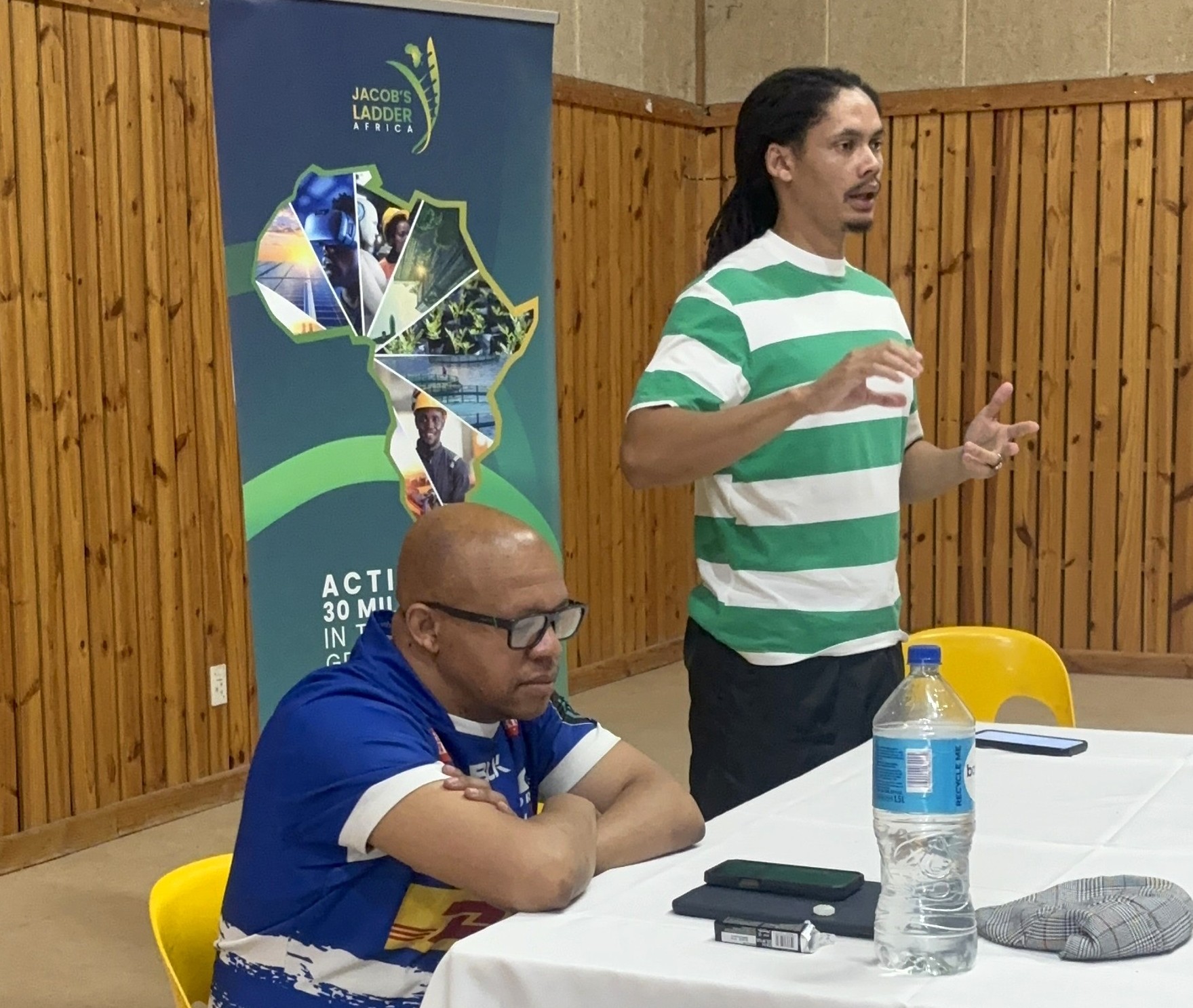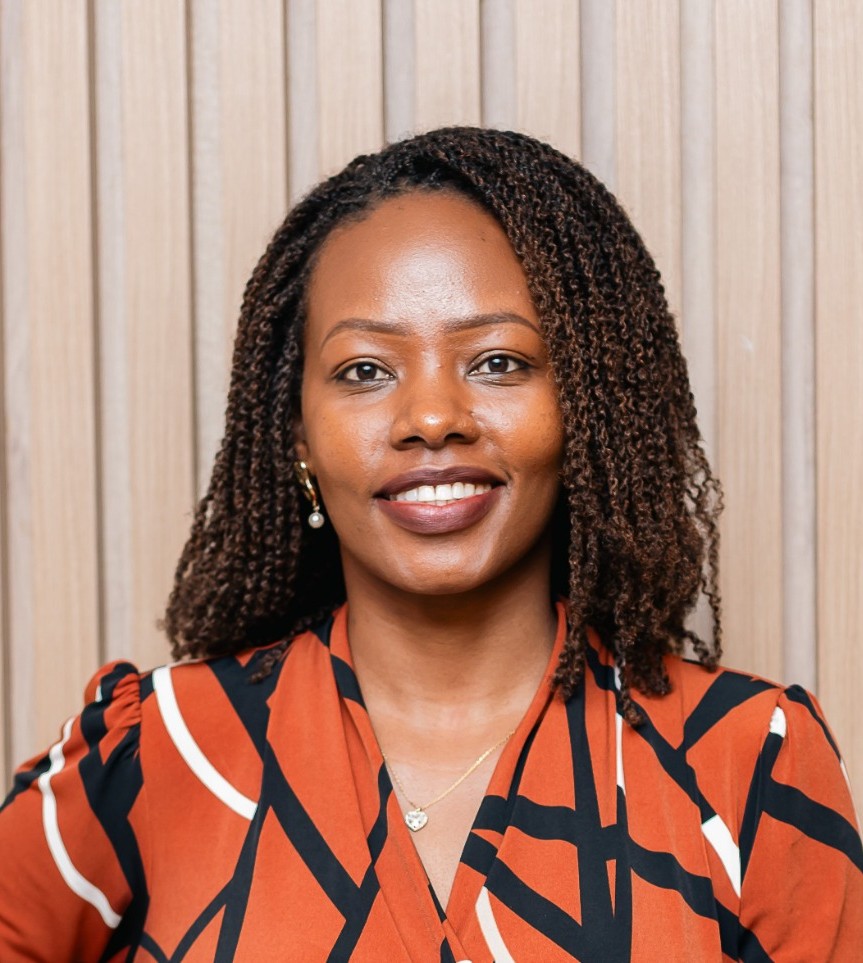On April 2, 2025, Jacob’s Ladder Africa (JLA) participated in a powerful session at the Skoll World Forum titled “Jobs in Transition: Tackling the Shift to a Green Economy”, co-hosted with the Oxford Martin School. Moderated by Dr Mahreen Khan, Oxford Martin Fellow Fellow at Oxford University, the panel featured global thought leaders including co-founder and CEO, JLA, Sellah Bogonko; Sam Barratt, Chief, Environmental Education and Youth Unit, UNEP and Samuel Huckstep, Research Associate, Centre for Global Development.
The discussion underscored the critical truth that transitioning to a green economy isn’t just about technology but equally about people, skills, and the policies shaping the future of work.
Dr Khan opened the session by contextualizing the urgency of the green transition, pointing to the environmental degradation, resource scarcity, and social inequalities caused by greenhouse gas-intensive economic models. She emphasized that achieving net-zero targets by 2050 will require not only systemic changes in production but also a reskilling and reallocation of the workforce toward emerging green sectors. She noted, “we are missing an important link on how adaptation strategies can actively leverage the workforce rather than simply thinking of the adverse effects of climate.” She also highlighted the Green Jobs Index, a collaboration between the Oxford Martin School and Jacob’s Ladder Africa, designed to better track and understand green employment trends before opening up the discussion to the panellists.
The discussion focused on some key thematic areas below.
Building Skills for the Green Economy
Sam Barratt emphasized the importance of aligning higher education and vocational training with green economy demands. From ecosystem restoration to clean energy, millions of jobs are emerging that require new and evolving skill sets. UNEP is leveraging AI to map the skill needs across countries’ Nationally Determined Contributions (NDCs), and working with institutions like Times Higher Education to measure green skill outcomes and track alumni impact.
Yet, as Barratt noted, clarity is still lacking on what constitutes a “green job.” Without a shared understanding, opportunities may remain vague or inaccessible to those who need them most.
Labour Gaps, Migration, and the Path to Equity
Samuel Huckstep spotlighted the stark reality facing many advanced economies: they lack the skilled workers necessary to meet their decarbonization goals. Countries like the UK are exploring international recruitment to bridge this gap, raising complex questions about equity, brain drain, and the role of origin countries in the global green workforce.
He called for fair and inclusive partnerships between source and destination countries; agreements that both recognize and compensate the developmental costs borne by nations sending skilled workers abroad.
A Call for Fairness and Investment in Africa’s Workforce
Sellah Bogonko, expanded this conversation by highlighting the African experience. Using the example of the Kenya-Germany solar technician agreement, she illustrated both the promise and the peril of international labour mobility. While such partnerships offer livelihood opportunities, they can leave origin countries depleted if they are not accompanied by investments in domestic skill development.
She advocated for potential Global Skills Partnerships that are designed to be mutually beneficial and prioritise development in the countries supplying talent. She also stressed the urgency of investing in green skilling for Africa’s youth to ensure the continent doesn’t just provide labour, but leads in green innovation.
AI: Disruption or Opportunity?
All speakers addressed the disruptive and enabling power of artificial intelligence in the context of green jobs. While some roles may be displaced, the panellists saw opportunities for AI to drive efficiencies, reduce energy consumption, and even support skill development, especially when integrated thoughtfully, as seen in China’s AI-enhanced education model.
Key Takeaway
The green transition is a generational shift, and Africa has both a stake and a voice in shaping what comes next. At Jacob’s Ladder Africa, we believe that green job creation, fair labour policies, and strategic investments in youth skilling are central to a just, inclusive, and climate-resilient future.
As Sellah reminded the audience: “Africa must not be left more depleted in the name of decarbonization. We must design systems that work for both the origin and the destination and build the skills, systems, and institutions that empower our youth to lead.”






